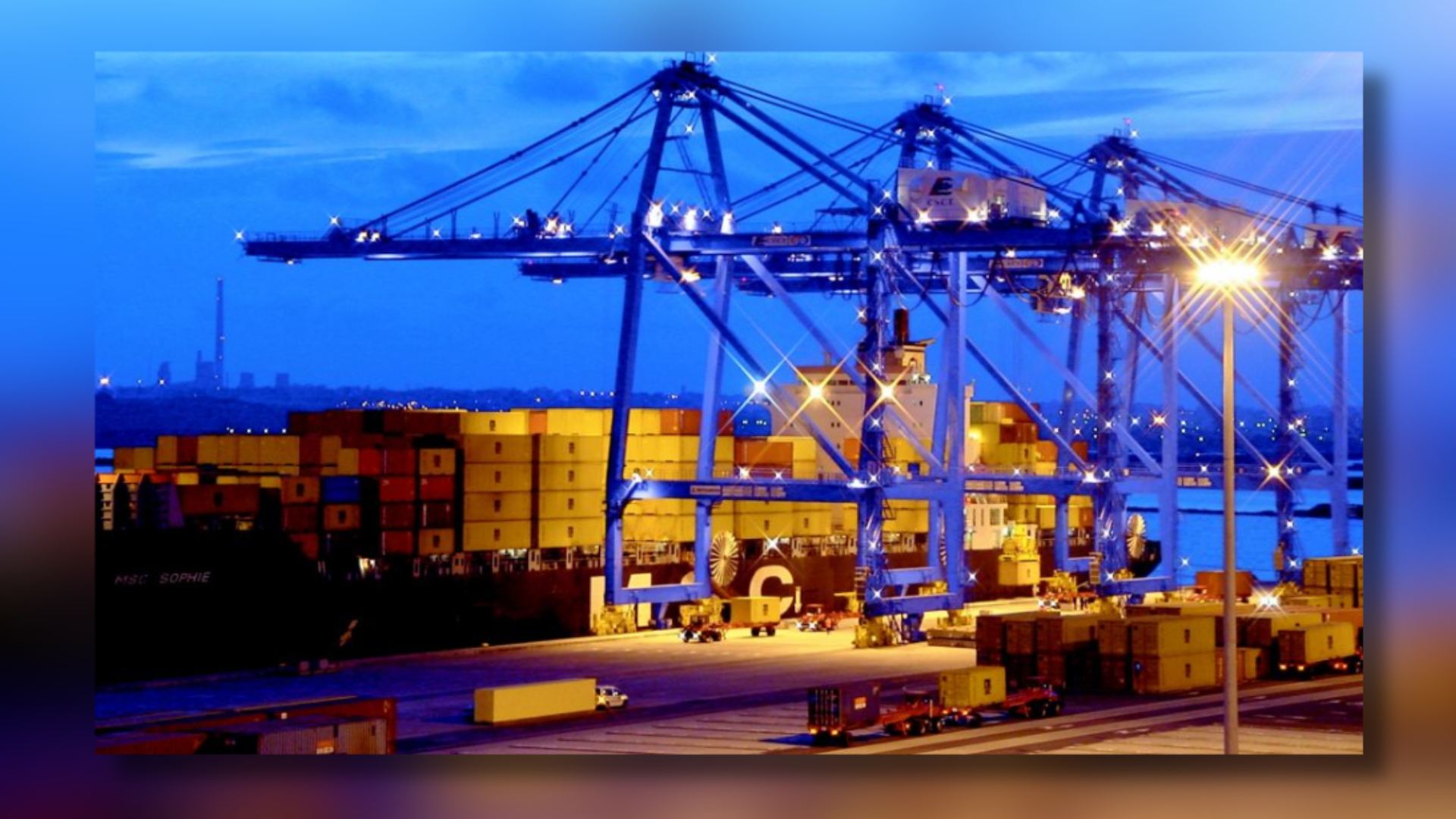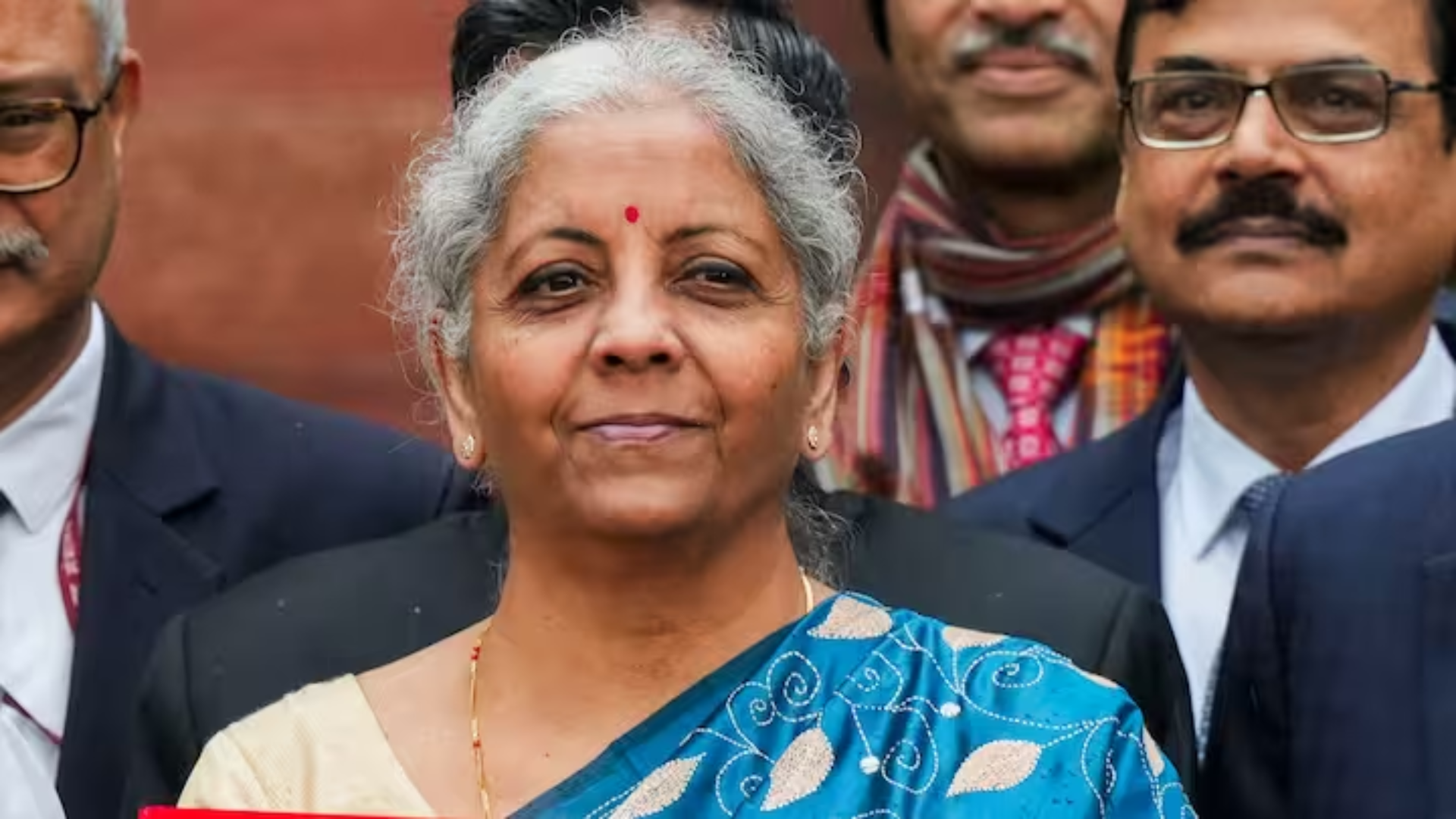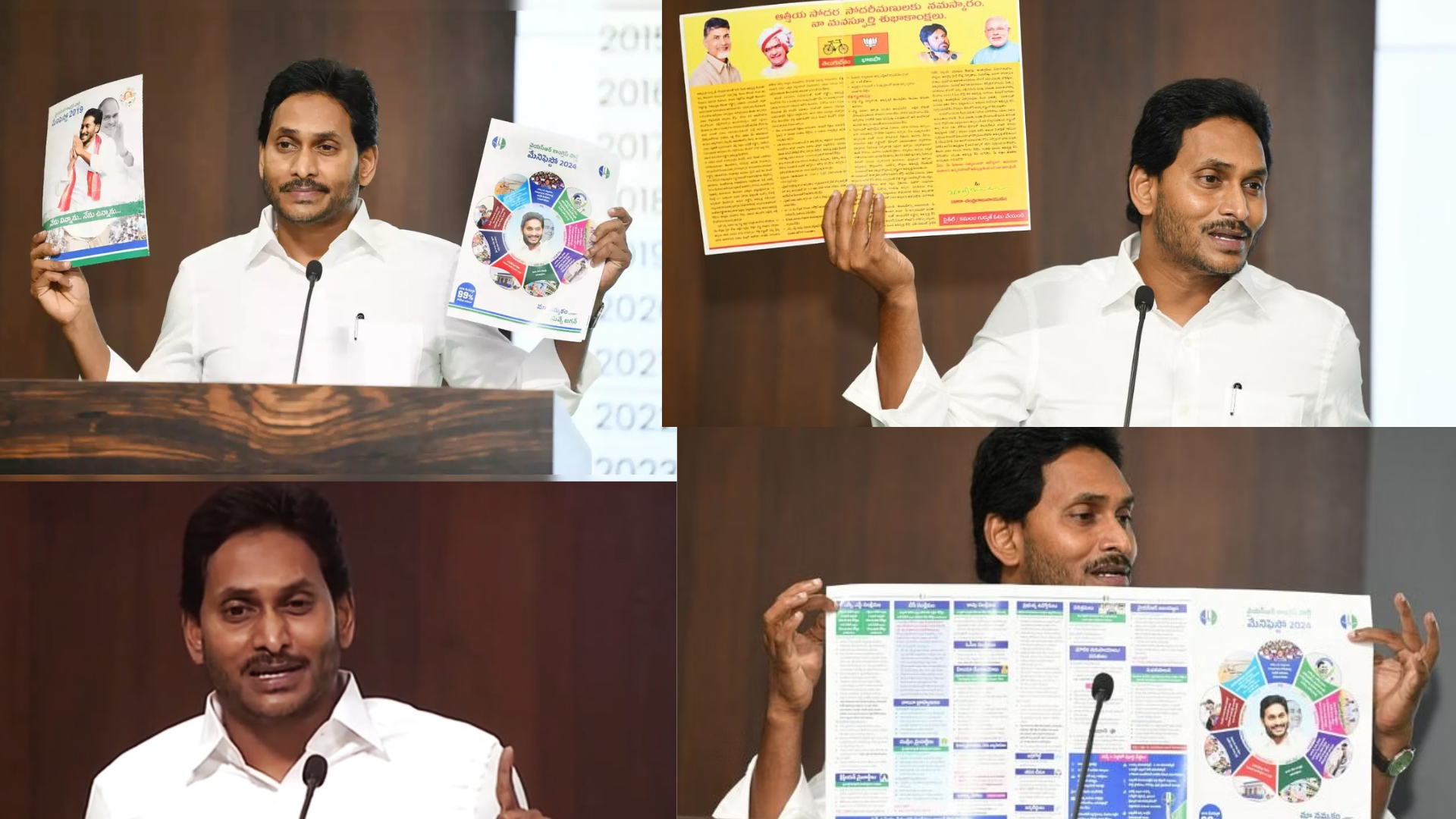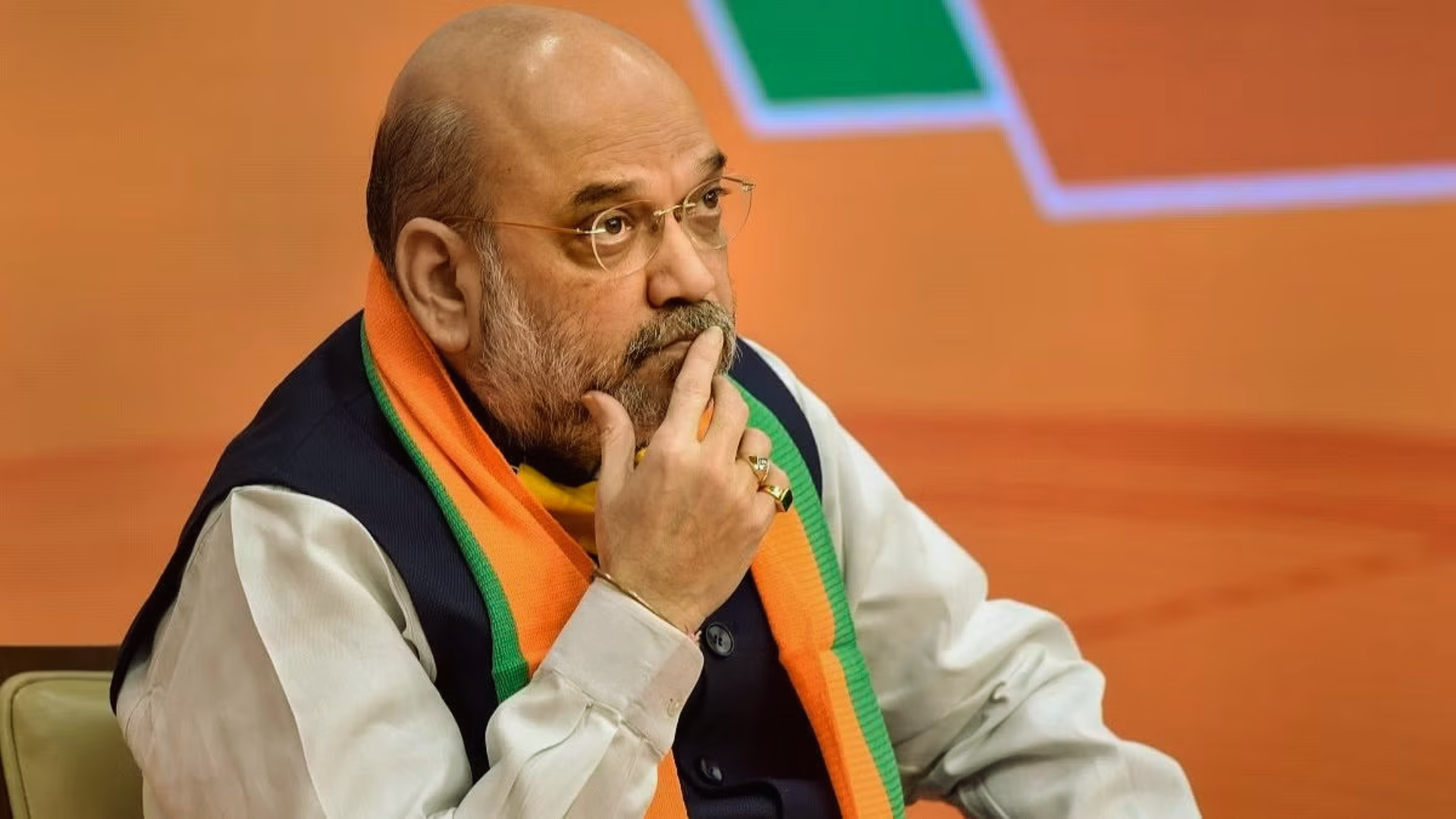










Finance Minister Nirmala Sitharaman detailed the “Amrit Kaal” plan in the interim Budget for 2024-25, emphasizing advanced reforms for robust growth. She expressed optimism about unprecedented development in the next five years, aiming for a developed India by 2047. The proposed India-Middle East Europe Economic Corridor is set to transform the country, with the government focusing on next-gen reforms, MSME support, and energy-efficient economic growth. The financial sector will be equipped to meet investment needs.
The Finance Minister, Nirmala Sitharaman, mentioned that the government will implement advanced reforms to boost growth. She expressed optimism, stating that the next five years will witness unparalleled development, marking golden moments towards achieving the vision of a developed India by 2047. The strategy for ‘Amrit Kaal’ was detailed during the presentation of the interim Budget for 2024-25.
The recently proposed India-Middle East Europe Economic Corridor, according to the finance minister, will completely transform India. She pointed out that a strong entry point for the flow of foreign capital has been established by the International Financial Services Centres Authority (IFSCA).
The government will take up next-generation reforms and work with the states and stakeholders to reach an agreement for their successful implementation, guided by the guiding principle of “Reform, Perform, and Transform.”
Ensuring timely and sufficient funding, pertinent technologies, and suitable training for Micro, Small, and Medium-Sized Enterprises (MSME) to enable their growth and global competitiveness is a top policy objective for our government. This policy mix will include orienting the regulatory environment to support their growth.
In accordance with the objectives of the “Panchamrit,” the government will support the maintenance of rapid and resource-efficient economic growth. This will contribute to the availability, affordability, and accessibility of energy.
The financial sector will be prepared by the government in terms of scale, capacity, skills, and regulatory framework to satisfy the investment needs.









